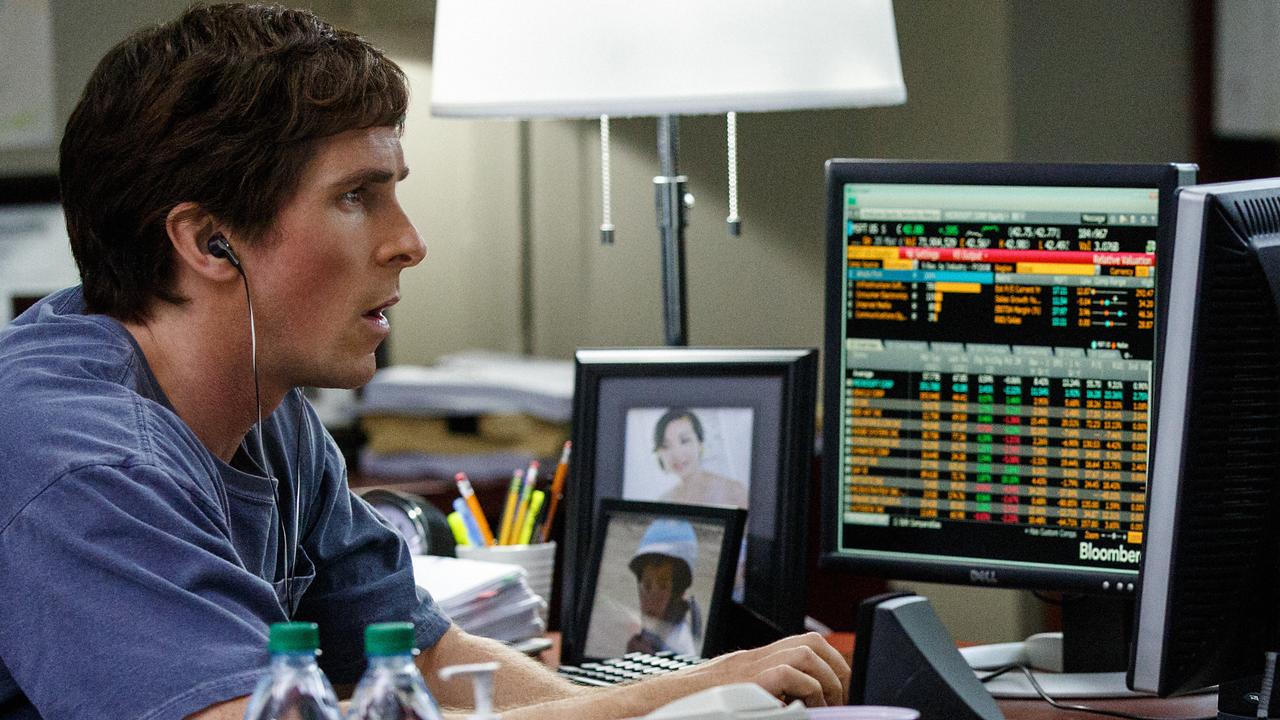Big bet against Elon Musk: Michael Burry of The Big Short reveals Tesla wager
The famed investor, who has been depicted in a huge Hollywood film, has made moves against the billionaire’s electric car company.
Michael Burry, who shot to fame for predicting and profiting off the 2008 subprime mortgage crisis, a move which was made into the star studded film The Big Short, has revealed a more than half-a-billion-dollar bet against Elon Musk’s Tesla.
Mr Burry’s firm, Scion Asset Management, said in a regulatory filing that it owned 800,100 Tesla shares as of March 31 with a total value of $US534 million ($A688 million) and bet against them by taking out a puts option.
This gives Scion the right to sell Tesla shares at a set price on or before a specified date.
Investors profit from puts – a bearish option – when the underlying stock price falls.
The filing with the Securities and Exchange Commission did not reveal the set price of the puts nor their expiration date.
It also did not reveal when Burry initiated the wager against Tesla nor how much Burry’s firm paid for the puts.
Shares of Tesla fell more than 4 per cent after the disclosure. Shares of the company are down almost 20 per cent since January 1.
RELATED: Bitcoin suddenly skyrockets in value after Elon Musk tweet

Mr Burry was propelled to fame when he and his firm predicted the 2008 mortgage crisis well before just about anyone else. He was depicted in Michael Lewis’ book The Big Short and portrayed by Christian Bale in the Oscar-winning movie of the same name.
More recently, Mr Burry was vocal about his bet on video game-retailer GameStop, helping to spark the Reddit-fuelled short squeeze that sent shares of the company skyrocketing earlier this year. However, Burry’s firm cashed out of its position in the company in 2020, missing out on the most wild gains, which were seen in January.
Mr Burry’s latest bet against Tesla isn’t necessarily surprising. He said in a since-deleted tweet in December that his firm was betting against shares of Tesla.
He added at the time that Tesla’s reliance on regulatory credits to hit profit targets raised red flags.
Tesla critics have long pointed to the company’s sale of regulatory credits to generate profit as unsustainable.
This article originally appeared on the New York Post and was reproduced with permission



